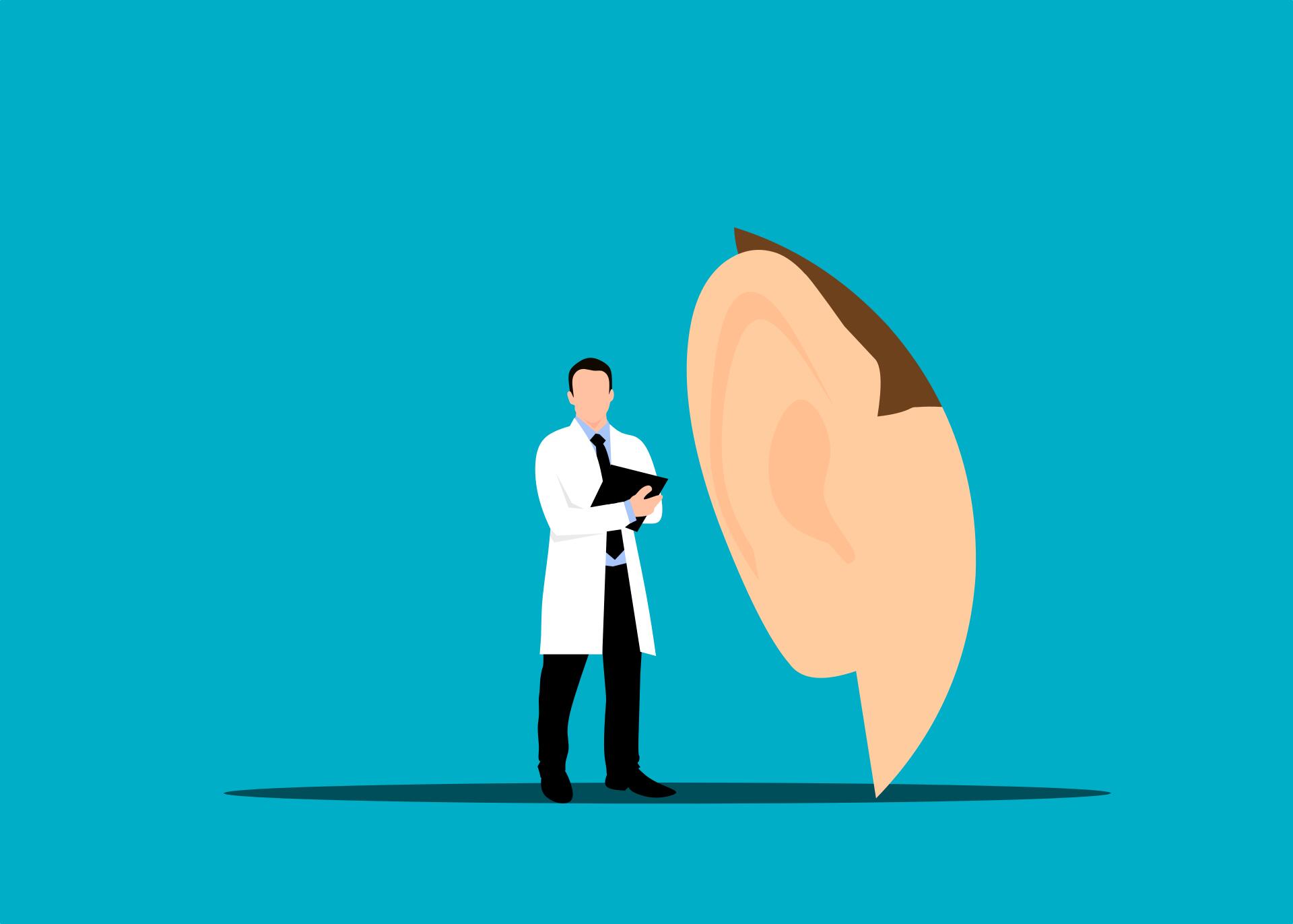
Side Effects of Stopping Abilify: What to Expect & How to Manage

When you have major depressive disorder, finding the right antidepressant is not always as simple as trying the first medication your doctor recommends. For many people, it takes a few tries to discover what works best.
But stopping an antidepressant can be intimidating. You may experience side effects while your brain and body adjust to being without the medication.
If you take Abilify (aripiprazole), you may wonder what to expect when switching to a new antidepressant. We created this guide to the side effects of stopping Abilify to help you learn just that.
Why Does Stopping Abilify Cause Side Effects?
Stopping Abilify causes side effects because the brain and body go through a period of withdrawal. Withdrawal symptoms occur when the brain and body become used to the medication. When you suddenly stop taking it, the brain and body need time to readjust and return to business as usual.
The Side Effects of Stopping Abilify
Abilify withdrawal symptoms may show up around a week after stopping or slowing down daily use. According to a review of five studies on antipsychotics like Abilify, the side effects of stopping last for around four weeks.
Most research has looked into the side effects of stopping antipsychotics in general. Few have investigated the specifics of Abilify withdrawal. However, research shows that stopping an atypical antipsychotic like Abilify most commonly causes:
- Relapse of mental health symptoms
- Abnormal movements
- Other mixed symptoms
Some people may not experience any side effects of stopping Abilify. It all depends on how long you’ve been using Abilify, the dose, and individual factors like your age, body mass index, and overall health.
Relapse of Symptoms
When you stop taking Abilify, you may experience a recurrence of the symptoms you started using the medication for in the first place. Abilify is often prescribed for the following mental health conditions:
- Bipolar disorder
- Schizophrenia
- Major depressive disorder
- Tourette’s syndrome
- Autism spectrum disorder
If you take Abilify for bipolar disorder, for example, you may experience a return of severe mood swings. Similarly, someone with schizophrenia may have increased hallucinations after stopping Abilify.
Abnormal Movements
As seen by its use in people with Tourette’s syndrome, Abilify can decrease abnormal motor movements. When someone stops using this medication, they may experience an increase in tics, whether they have a Tourette’s diagnosis or not.
These tics can show up as mild muscular twitching or be more severe. Some studies have shown that abnormal antipsychotics like Abilify particularly affect the muscles of the jaw, tongue, and hands.
Other Symptoms
Other various symptoms have been reported by people when stopping atypical antipsychotics like Abilify. You may experience one or more of the following symptoms after stopping your antidepressant medication:
- Nausea
- Lightheadedness
- Anxiety
- Difficulty sleeping
- Nightmares
The good news is that you can minimize your risk of these side effects by adhering to your doctor’s discontinuation recommendations.
Abilify Disconinuation Tips
When stopping Abilify, you should always follow your doctor’s dosing recommendations. Never quit using your antidepressant abruptly, also known as going “cold turkey,” as it could worsen your withdrawal symptoms.
Talk to Your Doctor
Your doctor will recommend a tapering regimen to help reduce the risk of negative symptoms. Tapering means that you will take a smaller and smaller dose of your medication over time.
For example, your doctor may recommend reducing your Abilify dose by 10% every week until you can tolerate complete cessation of use.
Don’t Stop Abilify “Cold Turkey”
If you follow your doctor’s tapering regimen, you may not have to experience the symptoms of Abilify withdrawal. The risk of experiencing withdrawals, and severe ones at that, is higher if you stop using your medication abruptly.
Managing Abilify Side Effects After Stopping
Following your doctor’s tapering guidelines is the best way to prevent Abilify side effects after quitting. However, you may still experience mild side effects. The following tips can help you manage them:
- Get plenty of exercise and physical activity
- Eat nutrient-dense foods and drink water
- Try to get at least seven to eight hours of sleep
- Take care of your mental health
While these tips will not eliminate your symptoms, they may help you feel better during withdrawals.
Get Rested
Getting enough sleep is good for your mind and body. During Abilify withdrawals, rest can also promote healthier eating and help you better manage mental health symptoms like anxiety and depression.
Stay Active
Rest is crucial during Abilify withdrawals, but it can be a challenge to sleep with insomnia as one of the side effects. Getting plenty of physical activity and exercise can tire you out and combat sleepless nights.
Eat Healthy
Food is fuel for your brain and body, giving you the energy you need to fight off withdrawal symptoms faster. Filling your diet with nutrient-dense foods after stopping Abilify can also fight off hunger, which may worsen side effects like irritability, lightheadedness, and nausea.
Practice Mindfulness
Mindfulness and meditation are among the best drug-free strategies for dealing with anxiety. Anxiety is a common symptom experienced by people withdrawing from antipsychotics like Abilify.
Seek Therapy
If recurring symptoms of your mental health condition become too much to manage, therapy can help. You can learn positive coping strategies to help ease your symptoms while you find the antidepressant that works best for you.
Alternatives to Abilify
Once you recover from Abilify withdrawal symptoms, you and your doctor can discuss alternatives to Abilify. Some typical and atypical antipsychotics to consider include:
- Ioxapine
- Haldol (haloperidol)
- Chlorpromazine
- Latuda (lurasidone)
- Zyprexa (olanzapine)
- Seroquel (quetiapine)
- Rexulti (brexpiprazole)
Mood stabilizers and non-antipsychotic antidepressants may also work for you. Talk to your doctor about these options once you are free and clear of the side effects of stopping Abilify.
Follow These Tips for Discontinuing Abilify Safely
The side effects of stopping Abilify don’t happen to everyone, especially if you follow your doctor’s tapering guidelines. However, you may still experience relapse symptoms and muscle twitches. Talk to your doctor if you are concerned about these or any other side effects.
Are you stopping Abilify because you can’t afford it? Kiwidrug can help. We are a New Zealand-based pharmacy specializing in international shipments designed to lower the cost of your life-saving medications.
Click here to see how much you can save on Abilify with Kiwidrug.
Related Posts


